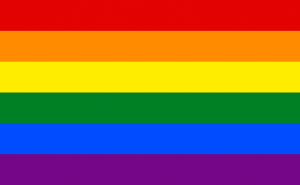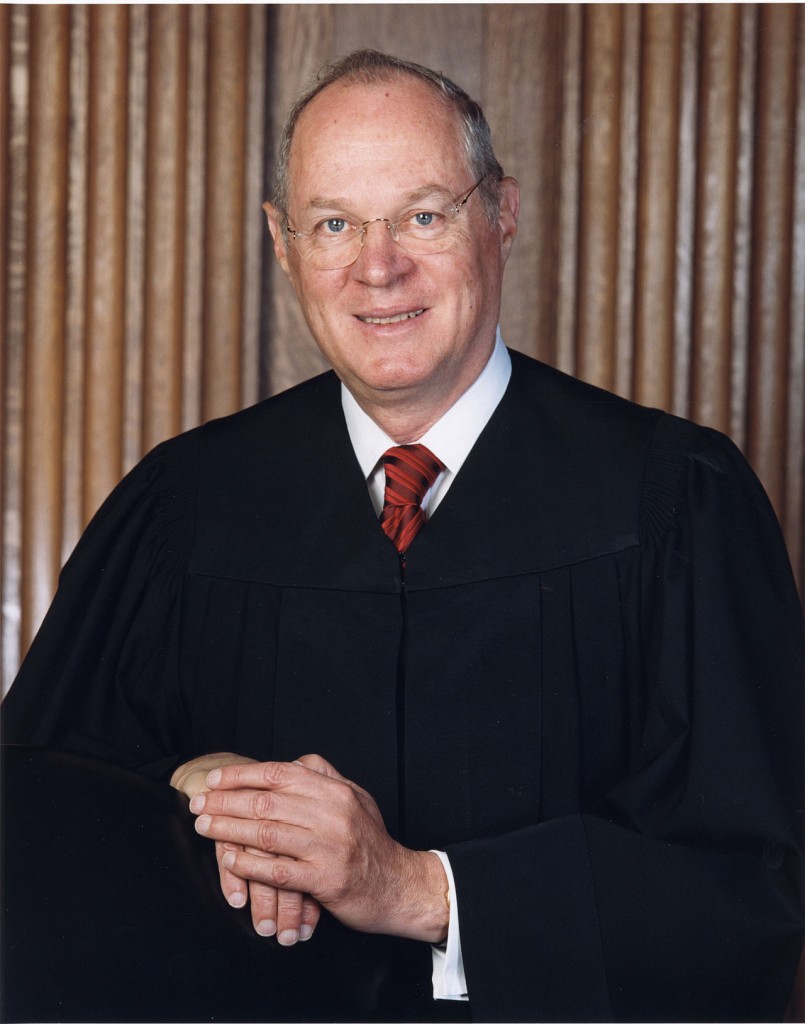 At some point we will have all moved on to a post-prudish, post-voyeuristic, post-exploitative, post-coming-out, post-gender identity world; we’ll all be celebrated as individuals, and discrimination will no longer exist.
At some point we will have all moved on to a post-prudish, post-voyeuristic, post-exploitative, post-coming-out, post-gender identity world; we’ll all be celebrated as individuals, and discrimination will no longer exist.
Slap! Well, that’s quite enough of the pipe-dream for today, let’s get back to the complexity of present day reality. So, here’s a quick snapshot of where we are on the gender-label issue. Keep in mind, the “snapshot” is courtesy of the Guardian and the “we” refers to the British — both very peculiar institutions.
From the Guardian:
When Rugby League’s Keegan Hirst came out as gay this week, he said that he had been hiding for a long time. “How could I be gay? I’m from Batley, for goodness sake. No one is gay in Batley.” If the 27-year-old Yorkshireman had been a few years younger, he might have found some people in his hometown who are at least sexually fluid. A YouGov poll this week put the number of 18- to 24-year-old Brits who identify as entirely heterosexual at 46%, while just 6% would call themselves exclusively gay. Sexuality now falls between the lines: identity is more pliable, and fluidity more acceptable, than ever before.
The gay-straight binary is collapsing, and it’s doing so at speed. The days in which a celebrity’s sexual orientation was worthy of a tabloid scandal have long since died out. Though newspapers still report on famous people coming out and their same-sex relationships, the lurid language that once accompanied such stories has been replaced by more of a gossipy, “did you know?” tone, the sort your mum might take on the phone, when she’s telling you about what Julie round the corner has been up to. And the reaction of the celebrities involved has morphed, too, into a refusal to play the naming game. Arena-filling pop star Miley Cyrus posted an Instagram of a news story that described her as “genderqueer” with the caption, “NOTHING can/will define me! Free to be EVERYTHING!!!”. Kristen Stewart, who has been followed around by insinuations about the “gal pal” she is often photographed with for a couple of years, finally spoke about the relationship in an interview with Nylon magazine this month. She said, simply, “Google me, I’m not hiding”, but, like the people surveyed by YouGov, refused to define herself as gay or straight. “I think in three or four years, there are going to be a whole lot more people who don’t think it’s necessary to figure out if you’re gay or straight. It’s like, just do your thing.”
It’s arguable that celebrities such as Stewart are part of the reason for those parameters becoming less essential, at least in the west. It shouldn’t fall to famous people to define our social attitudes but, simply, visibility matters: if it is not seen as outrageous or transgressive that the star of Twilight will hold hands with her girlfriend in the street, then that, in a very small way, reinforces the normality of it. If Cara Delevingne tells Vogue that she loves her girlfriend, then that, too, adds to the picture. The more people who are out, the more normal it becomes; the less alone a confused kid in a small town looking at gossip websites might feel; the less baffled the parent of a teenager who brings home a same-sex date might be. Combine that with the seemingly unstoppable legislative reinforcement of equal rights, too – gay marriage becoming legal in Ireland, in the US – and suddenly, it seems less “abnormal”, less boundary-busting, to fall in love or lust with someone of the same gender.
“I would describe myself as a bisexual homoromantic,” says Alice, 23, from Sussex. For the uninitiated, I asked her to explain. “It means I like sex with men and women, but I only fall in love with women. I wouldn’t say something wishy-washy like, ‘It’s all about the person,’ because more often it’s just that I sometimes like a penis.” She says her attitude towards sex and sexuality is similar among other people in her peer group. “A lot of my friends talk about their sexuality in terms of behaviour these days, rather than in terms of labels. So they’ll say, ‘I like boys’, or ‘I get with girls too,’ rather than saying, ‘I’m gay, I’m a lesbian, I’m bisexual.’”
She says that even among those who exclusively date people of the same gender, there is a reluctance to claim an identity as proscriptive as “gay”. “Most young people who are gay don’t see it as a defining property of their character, because they don’t have to, because society doesn’t constantly remind them of their difference.” However, she is careful to point out that this is very much the case in the small, liberal part of London where she lives now. “[Not defining] is something I feel entitled to as a person who lives in London, but I didn’t feel entitled to it in a small town in the home counties. I’ve never experienced discrimination about my sexuality, but I’m aware that it’s because I ‘pass’ [as straight].”
In fact, among the young British people I spoke to, geography is vital. Lucy, 25, wonders if the number of people who say they are not straight really tallies with the number of people who are actually acting upon those desires. “Saying you’re sexually fluid means you’re part of a movement. It means you’re seen as forward-thinking,” she says, suggesting there is a certain cachet attached to being seen as open that does not come with affirmed heterosexuality. She also believes it is more of a metropolitan story than necessarily representative of Britain as a whole. “If I went back to my home town in the Midlands, we wouldn’t sit around talking about ‘sexual fluidity’. You’re a ‘dyke’, or you’re not. There’s only one type of lesbian there.”
Read the entire story here.
Image: Gay Pride Flag. Public Domain. Courtesy of Wikipedia.

